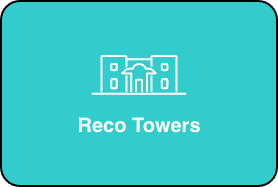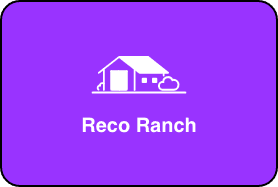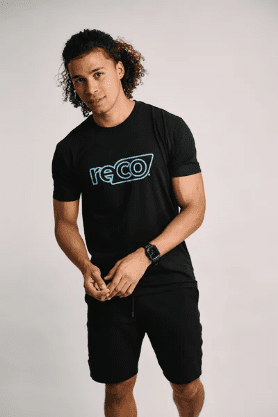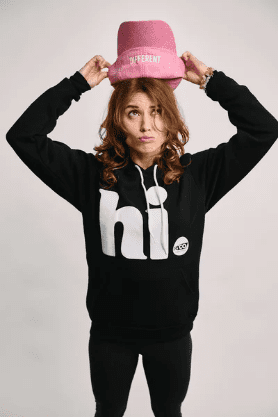What Do You Do When The Monsters Are Real?
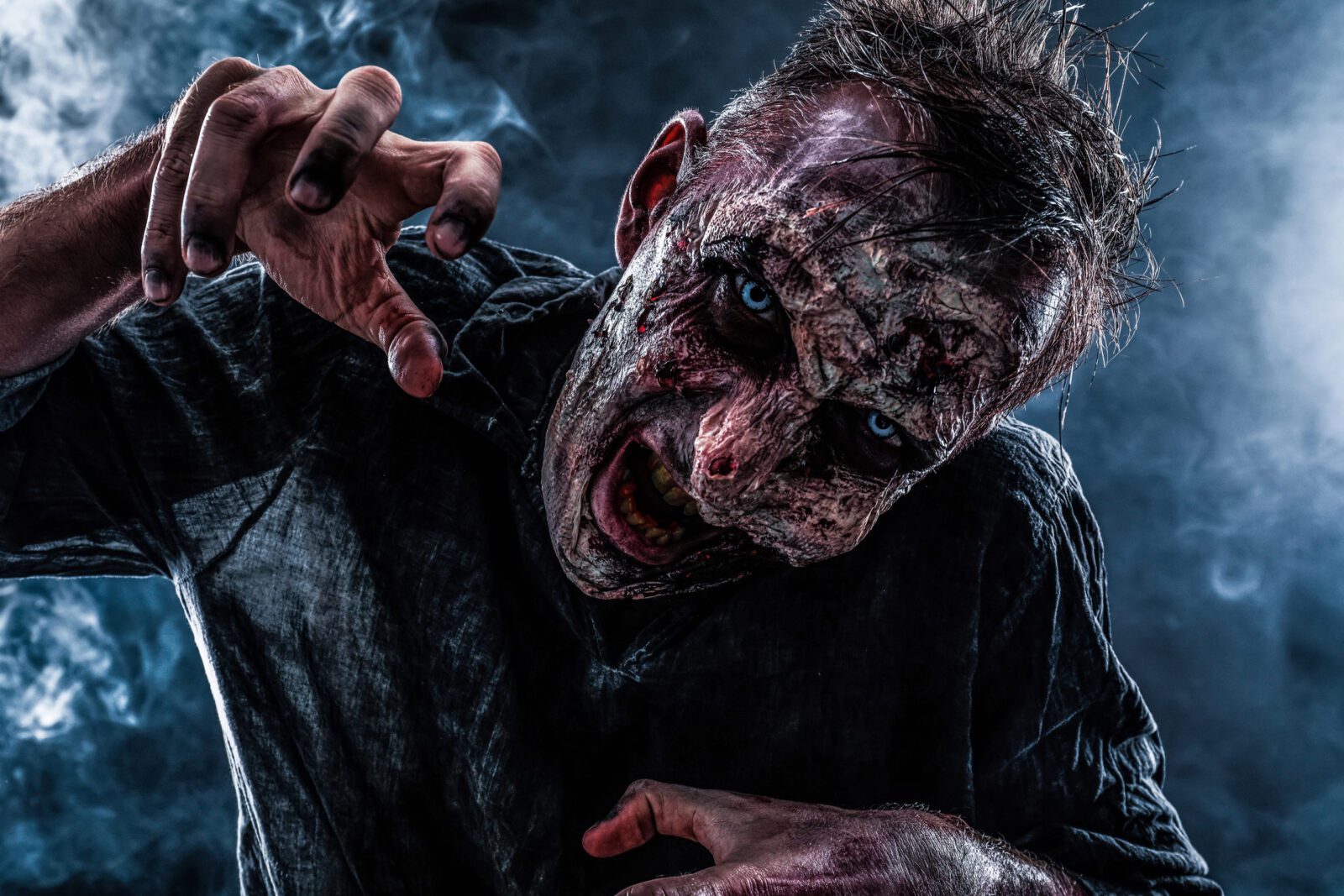

When I was a kid, Halloween was my favorite holiday. It was, I think, the mission, the stimulation of it: while on Christmas, gifts, however glorious, were simply presented to me, Halloween was a full-blown adventure. How I loved the simplicity of that singular mission of sugar-seeking, striding from house to house with all the certainty in the world that yet more candy was to be bestowed as I reached for each front door. On just this one day a year, as you drape yourself in strange colors and drag yourself through the streets, life is as joyful and straightforward as might be your favorite video game, as dependably rewarding and bursting with earthly delights. Any monster you might see while wandering is no reason to be fearful, because you know that, in all likelihood, it’s just some silly man in a mask.
Oh how I miss those days, now. A time that dressing up was about what would be the most fun or emulating a character that I loved rather than what costume I would look sexiest in or which one I thought would better hide my body’s bulgy “flaws.” When the only thing that stood between me and all the candy that I wanted was parental reproach as opposed to my own, ingrained guilt over its calorie content. A time when the only monsters I feared were of the “hiding under the bed” variety rather than the more mundane and yet somehow much scarier “monsters” that any of us face while “adulting” in the actual world.
Now, things are so much more complicated for all of us, especially when drugs and alcohol come into play. No, one needn’t worry about a werewolf bite transforming them into a furry creature come full moon or the poisoning of an apple-bearing evil queen; but take too large a drink from the wrong liquor “potion,” and you could be left losing all control. Maybe the real vampires are not blood-sucking beasts but those all too real toxic people who would drain you of all life force with nary a second thought. Prick your skin with the wrong sort of needle and you could become Sleeping Beauty, stuck in a stupor, breath slowing to a crawl. Instead of fearing literal phantasms, many of us speak of our fears of the “ghosts” of our past mistakes, our past traumas, our past selves.
Ourselves. What if we’re less afraid of anything out there than of whatever our costume covers? What if we’re less afraid that anyone’s out to get us than of who we think we might become in the dark? What do we do now that our fear cannot be simply brushed off the way it could when we were children, now that we know all the monsters are real?
—
The Western tradition of Halloween seems to have emerged from a combination of the Christian All Hallows Day, which commemorated fallen saints and martyrs, and the pagan holiday of Samhain, which marked the end of harvest season and the transition to a “darker” part of the year.
Though winter is indeed approaching, it is at least hard to imagine that this year’s coming chill will be any darker or colder than last year’s Christmas season, at least emotionally speaking. Last year, from the March before Halloween straight through to the next springtime, we were in some of the darkest days of the pandemic, as now the threat has at least mostly abated for everyone who has had sense enough to seek out the shot. But thinking about the pandemic is a simple stepping stone to one of Halloween’s other purported purposes: the remembrance of not just lost saints but of all of the departed, of everyone we have lost.
This somber version of Halloween may seem quite at odds with the secularized version that most of us are familiar with. But as you, if you are in recovery, put away both your childhood holiday rituals and whatever alcohol or drug-fueled celebrations may have become your holiday normal since, maybe taking a more spiritual tack is actually the way to go this year, whatever that means for you. Maybe you’ve lost loved ones over the last year that you now yearn to find some way of honoring, and a more meditative and reflective personal Halloween celebration might be just the occasion to do it.
But another way one can look at Halloween is through the prism of attempting to understand and move through fear. For just this one day, we face up to the grimmest demons our subconscious can conjure, sometimes by screening our favorite horror flicks or walking through haunted houses, or perchance by “becoming” them ourselves. Maybe this is supposed to take the sting out of them somehow, to emphasize their unreality. It’s hard to fear something we know we can masquerade as, or that we’ve seen a friend casually stroll by in the guise of.
And maybe there’s a recovery lesson that we can learn here as well. Once you look at your monsters in the light, often, they will not seem so scary after all. The “wicked witch” was just a kindly older woman. The spooky shadow was just cast by a cat. Ok, maybe that actually is a spider, but, rather than panicking, all you’ve really gotta do is catch it under a cup. By speaking openly about your ghosts and your vampires, and by reaching out for help if you are struggling, you can, maybe not destroy your demons, but put a powerful dent in their ability to derail your sobriety and your mental health.
There’s a world of difference between “scary” and unconquerable; and I know how much simpler everything seemed when life was about the seeking of that one thing that would satisfy your addiction the way a careless child might seek sugar at each neighbor’s door. But to avoid fates far scarier than any Frankenstein- fates like irreversible organ damage, years lost to addiction’s vicious cycle, or an overdose that cuts off all hope— you have to choose whatever fear you might be feeling about sobriety over the fear of staying trapped in addiction.
Sure, maybe the monsters are real; but then maybe so are the heroes, and, just maybe, one of them is you. Being in recovery, or even just considering the idea, takes quite a lot of courage, so props to even making it to this site!
If you’ve been struggling to control your substance abuse, know that there is help out there. It’s easier to face your fears when you have a community by your side, and Reco Institute’s sober living residences can provide a safe and inspirational environment for you to work through your addiction with the help of our associated intensive treatment program. To learn more, call us today at 561-665-5925.




